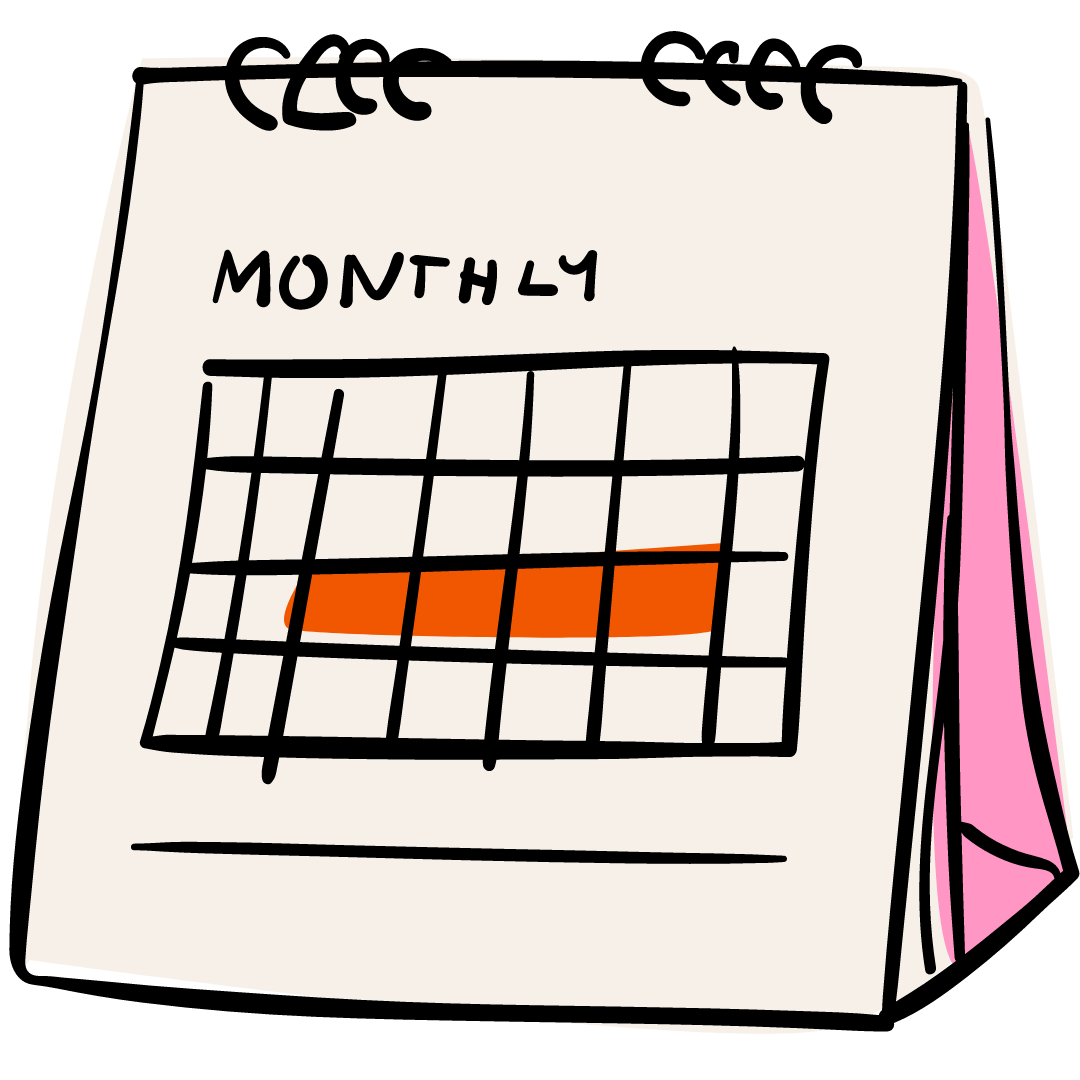Birth Control Research Study
Researchers at Columbia University Irving Medical Center are conducting a study to investigate an experimental
injectable contraceptive.

Fast Facts

Use Non-Hormonal Birth Control

Ages 18-40

Compensation Provided

Conducted in
New York, NY
Study Background
Researchers at Columbia University Irving Medical Center want to determine the best dosage of levonorgestrel butanoate and learn more about its effects.
In this study, we are investigating levonorgestrel butanoate (LB) as a possible long-acting and reversible injectable for contraception. LB is a type of hormone called a progestin, and works by keeping or delaying women from releasing an egg. It also may work by thickening the cervical mucus to prevent sperm from fertilizing an egg.
Help us advance birth control research by joining this compensated study!

Study Background
Researchers at Columbia University Irving Medical Center want to determine the best dosage of levonorgestrel butanoate and learn more about its effects.

In this study, we are investigating levonorgestrel butanoate (LB) as a possible long-acting and reversible injectable for contraception. LB is a type of hormone called a progestin, and works by keeping or delaying women from releasing an egg. It also may work by thickening the cervical mucus to prevent sperm from fertilizing an egg.
Help us advance birth control research by joining this compensated study!
Additional Information
The goal of this study is to learn investigate levonorgestrel butanoate (LB) and its effects.
You may qualify if you meet the following criteria.
Inclusion Criteria:
- Women ages 18-40
- Have regular menstrual cycles every 21-35 days
- Use non-hormonal contraception (e.g., condoms, copper IUD, tubal ligation, vasectomy) OR are willing to not have sex with men during the study
- No major or unstable medical conditions
This study will include 36 visits over the course of 9 months. Participants can expect these visits to include vaginal ultrasounds, blood draws, and taking vital signs.
- Visits 1-2 are screening appointments
- Visit 3 is the treatment appointment, where the injection will be administered
- Visits 4-32 are follow-up appointments
After all follow-up appointments, there will also be recovery and exit visits. Additionally, there will be phone calls throughout the study, each lasting approximately 15 minutes.
As a participant, you can receive compensation for your time and effort.
There is no cost for you to participate in our research study.
